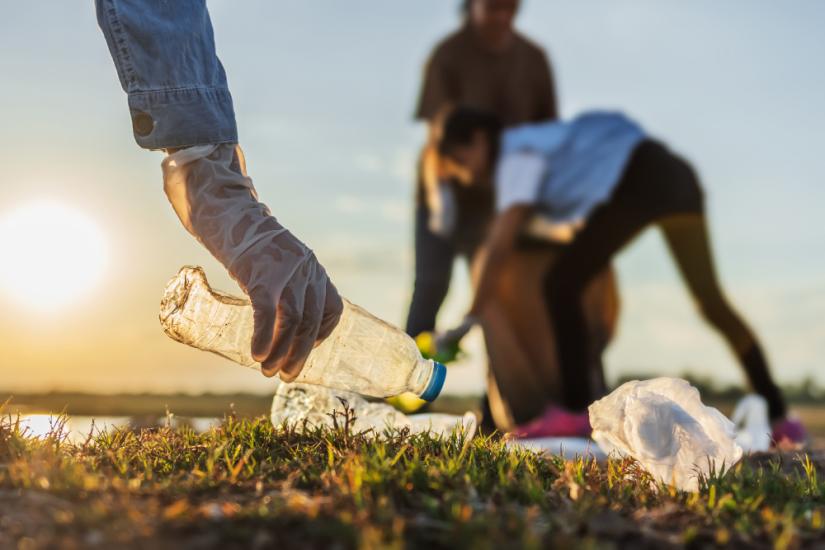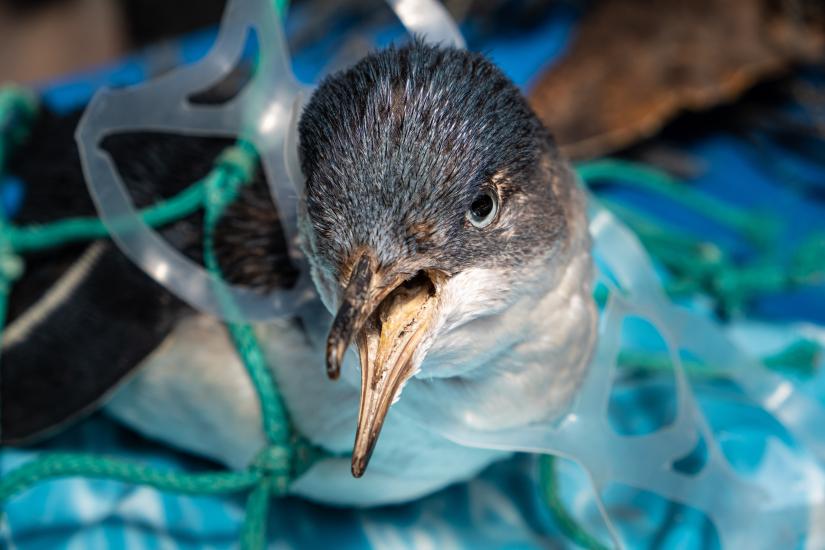To make an impact on the environment, governments and non-profits need to focus communications on the consequences of individual actions, a recent study suggests.

Image: Adobe Stock / By lovelyday12
To make an impact on the environment and the climate crisis, governments and non-profits need to focus their communications on the consequences of individual actions, rather than educating and enforcing rules, a recent study suggests.
“Addressing climate change requires profound behaviour change, not only in consumer action, but also in action as members of communities and organisations, and as citizens who can influence policies,” said lead author Aimee Smith from the University of Technology Sydney.
“Governments and not-for-profits worldwide invest billions annually in initiatives aimed at promoting pro-environmental behaviour, but the effectiveness of these campaigns is often limited,” said Smith, who undertook the research as part of her PhD in Marketing.
There are two main ways to encourage people to “do the right thing”: Either ask people to follow rules (such as don’t steal, don’t lie), an approach known as deontological ethics, or highlight the consequences of their actions (don’t play with matches because you might start a fire), known as teleological ethics.
The study, published in the Journal of Business Ethics, analysed 53 research papers on the effectiveness of appealing to these different ethical decision-making processes in promoting sustainable behaviour.
We hope that our research will help governments and non-profits to design more effective communication strategies that can motivate individuals to act sustainably and help us to build a more sustainable future.
Aimee Smith
It found that decision-processes that evaluated the consequences of individual actions, rather than simply providing information or enforcing rules, were more effective in motivating individuals to act ethically.
"Consequences are a powerful motivator, especially when it comes to sustainability-focused initiatives. People are more likely to engage in pro-environmental behaviours when they understand the direct impact of their actions on the environment and society.
“This shift does not necessarily suggest that we need to strive for aggressive shock or scare campaigns about our environmental impact, but rather focus on translating those consequences to consumers in a straightforward way,” Ms Smith said.
For example, when promoting initiatives such as encouraging public transport use, it would be important to inform commuters about the difference their choice makes to emissions and the environment compared with choosing a car or taxi.
And ‘bring your bag’ initiatives, which have consistently been discussed at various levels of government, could be enhanced by letting customers know that each plastic bag takes 1,000 years to decompose, and the consequences of this for marine life.

A focus on consequences can help promote sustainable behaviour. Image: Adobe Stock / By Greg Brave
The study's findings have important implications for governments and non-profits seeking to promote sustainable behaviour among individuals.
Instead of relying solely on educational campaigns or enforcement mechanisms, they may benefit from emphasising the direct consequences of individual actions on the environment and on society.
"We hope that our research will help governments and non-profits to design more effective communication strategies that can motivate individuals to act sustainably and help us to build a more sustainable future," Ms Smith said.
The paper also examines decision-making processes that may support measures to the prevent unethical consumer behaviour such as fraud and digital piracy.
Read the study: A Meta-Analytical Assessment of the Effect of Deontological Evaluations and Teleological Evaluations on Ethical Judgments/Intentions.

